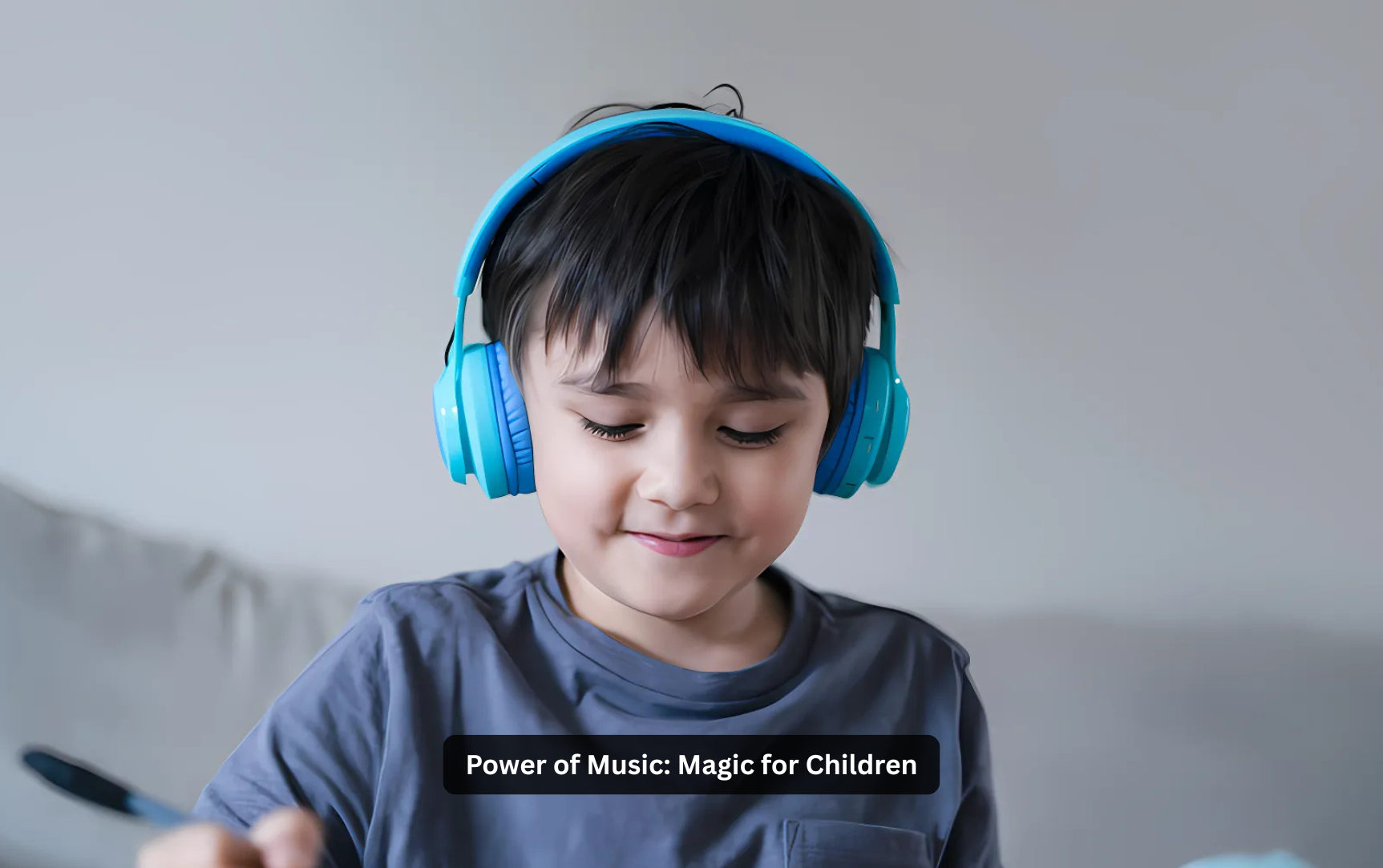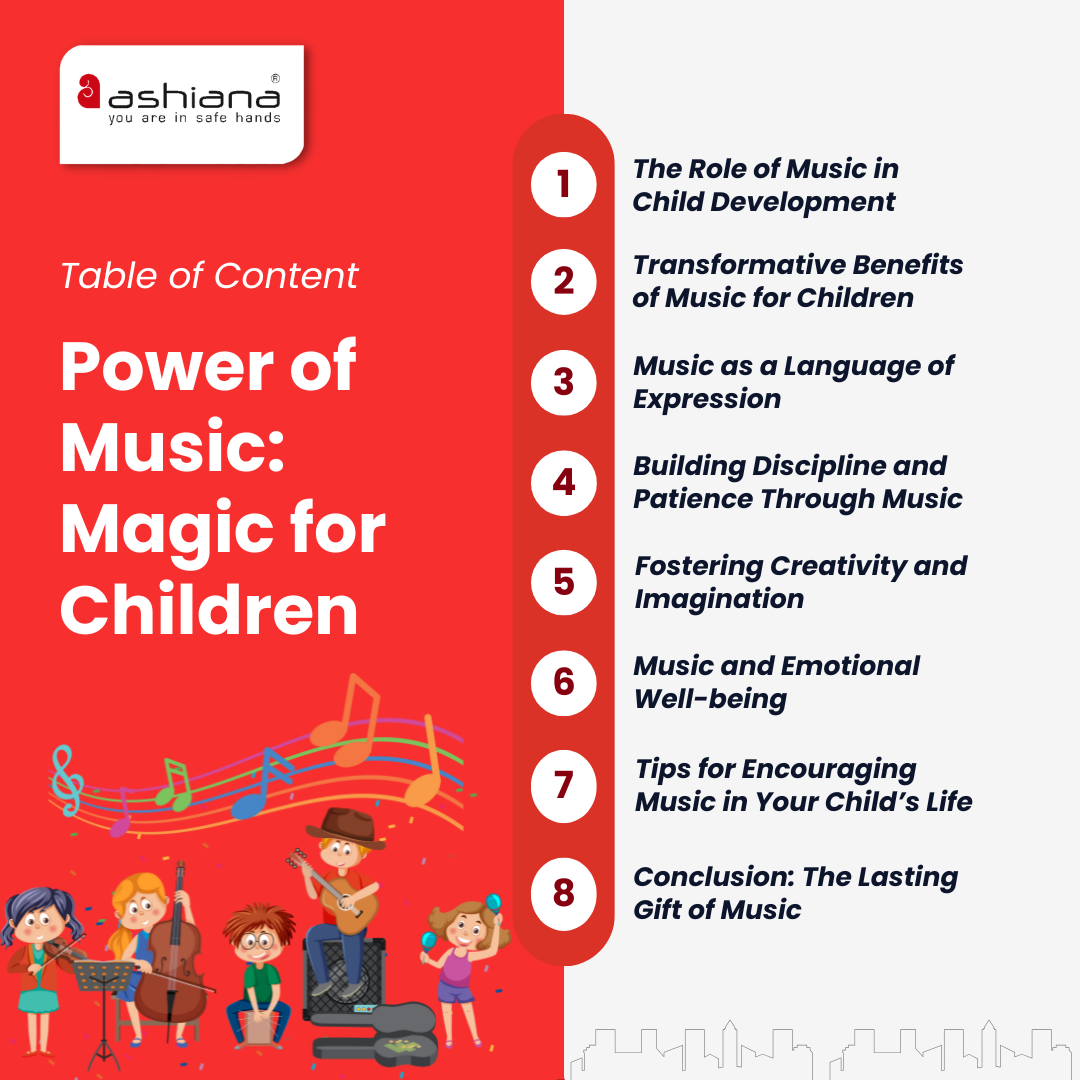


Music enhances memory, improves concentration, and helps children understand patterns, which can aid in problem-solving and mathematical skills.
You can introduce music at any age. Even infants respond to melodies, and toddlers can start engaging with simple instruments or singing activities.
Yes, music acts as a therapeutic tool, helping children express their emotions, reduce stress, and improve focus, making it especially beneficial during challenging times.
Ashiana, Ashiana Housing build homes. Homes surrounded by vast green spaces and fresh breeze. Homes cocooned in secured gated complexes. Homes where futures are forged and there are opportunities to grow. And Homes in environments brimming with healthy activity, trust and respect. At heart, we build communities with care.
Other posts by Ashiana
Join 1000+ of fellow readers. Get expert real estate knowledge straight to your inbox absolutely free. Just enter your email address below.